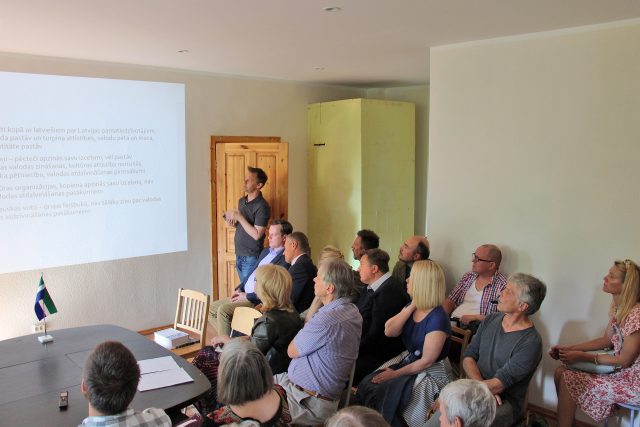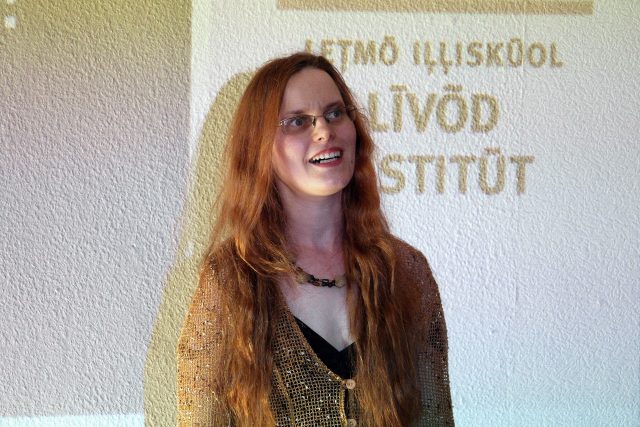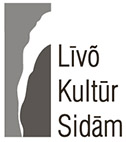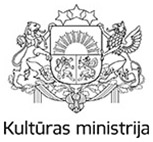The researchers of the University of Latvia Livonian Institute shared stories of the Institute’s accomplishments during its first year of work during Livonian Culture Day, which took place this year as part of the annual Livonian Festival. Researcher Uldis Balodis spoke about the Lutsis (Ludza Estonians) and the role of the UL Livonian Institute in supporting the efforts by other Finnic peoples in Latvia in developing and maintaining their languages and cultures. There are at least five Finnic communities or descendants of these communities living in Latvia: the Livonians, Lutsis, Leivus, the descendants of the Krevins or Bauska Votes, and the speakers of South Estonian inhabiting the Latvian-Estonian border region.

Uldis Balodis speaks about the Lutsis.
Photo: Zane Ernštreite
The Lutsis may be the next largest of these communities after the Livonians. Lutsi ceased to be used as a language of daily communication in the 1980s and its last speaker died in 2006, though even today Lutsi descendants are aware of their Estonian roots and can remember a few words, a greeting, or a short sentence in their ancestral language.
Uldis Balodis feels that the UL Livonian Institute could share its knowledge and research experience in designing pedagogical materials for language learning as well as in organising educational events about Latvia’s Finno-Ugrian cultural heritage, to help the Lutsi community effectively and as soon as possible begin creating such materials and organising events about its own language, culture, and history.
During the last five years, the links between the Livonians and Lutsis have strengthened and deepened. In 2015, Livonian Institute director Valts Ernštreits and researcher Uldis Balodis spoke about the Livonian and Lutsi languages at events commemorating the European Day of Languages in Ape and Ludza. In 2017, Ernštreits, Balodis, and other researchers from universities in the Baltic-Nordic region participated in the first-ever Lutsi studies conference “Ludzi kīļ, kultūŗ ni ezämā” (Lutsi language, culture, and homeland), which took place in Ludza.

Linda Šarkova performs a Lutsi song.
Photo: Zane Ernštreite
During Livonian Culture Day 2019, a Lutsi song was performed for the first time ever at a Livonian cultural event. Linda Šarkova, a member of the Livonian song ensemble “Līvlist”, delighted attendees by performing the Lutsi song “Nyze hummugu” (I wake up in the morning). This song was originally performed by Lutsi consultant Rozaļa Buļe when it was documented by Emilis Melngailis in 1930 in Greči village in Nirza parish. This song also appears in the new CD “Ludzas igauņu dziesmas” (Lutsi songs) released by the Cibla folklore group “Ilža” in 2019.






